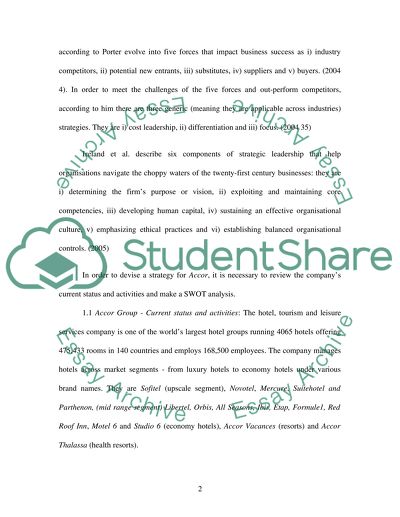Cite this document
(“Devising a Strategy for Accor Research Paper Example | Topics and Well Written Essays - 3750 words”, n.d.)
Devising a Strategy for Accor Research Paper Example | Topics and Well Written Essays - 3750 words. Retrieved from https://studentshare.org/marketing/1524180-strategy-master-essay
Devising a Strategy for Accor Research Paper Example | Topics and Well Written Essays - 3750 words. Retrieved from https://studentshare.org/marketing/1524180-strategy-master-essay
(Devising a Strategy for Accor Research Paper Example | Topics and Well Written Essays - 3750 Words)
Devising a Strategy for Accor Research Paper Example | Topics and Well Written Essays - 3750 Words. https://studentshare.org/marketing/1524180-strategy-master-essay.
Devising a Strategy for Accor Research Paper Example | Topics and Well Written Essays - 3750 Words. https://studentshare.org/marketing/1524180-strategy-master-essay.
“Devising a Strategy for Accor Research Paper Example | Topics and Well Written Essays - 3750 Words”, n.d. https://studentshare.org/marketing/1524180-strategy-master-essay.


